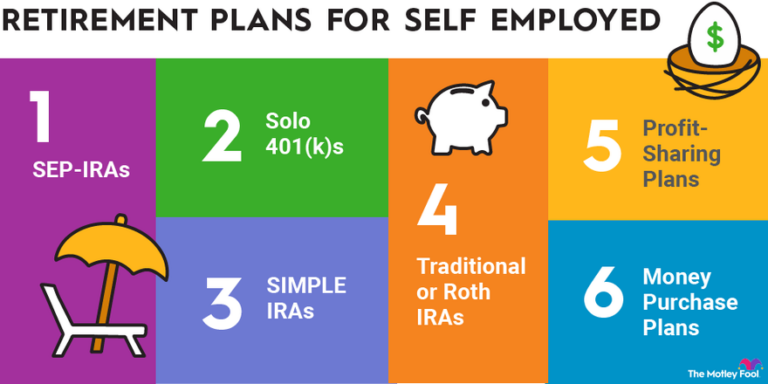Differences Between Finance and Accounting: What You Need to Know
Finance and accounting are two essential fields in the business world, both vital for maintaining an organization’s financial health. Although they are closely related, many people often confuse the two. Understanding the differences between finance and accounting is crucial for business owners, managers, and individuals pursuing careers in these fields. While both deal with money management, their objectives, tools, and processes vary significantly. In this article, we’ll break down the key differences between finance and accounting to help you navigate these two essential areas.
The Core Focus: What Finance and Accounting Each Handle
At its core, accounting is primarily concerned with tracking and reporting financial transactions. Accountants record, categorize, and summarize business activities to ensure compliance with regulations and provide an accurate snapshot of an organization’s financial status. On the other hand, finance is more focused on managing money and making strategic decisions. Financial professionals analyze market trends, manage investments, and plan for future financial growth. While accounting focuses on the past and present, finance looks forward to the future.
Key Responsibilities: What Finance and Accounting Professionals Do
Accounting professionals are responsible for maintaining detailed financial records, preparing financial statements, and ensuring that a company complies with tax regulations. They work with tools like balance sheets, income statements, and cash flow statements to report financial performance. Financial professionals, however, work on decision-making aspects. They focus on budgeting, forecasting, managing investments, and evaluating financial risks. While accountants ensure that financial data is accurate and compliant, finance professionals use that data to make informed decisions about investments, business growth, and risk management.
The Skills Required: What Makes Finance and Accounting Different
Both fields require strong analytical skills, but the type of analysis differs. Accountants need to be detail-oriented and skilled in using accounting software to manage and record financial transactions accurately. They must have a solid understanding of tax laws and regulatory compliance. In contrast, financial professionals need to be adept at forecasting and analyzing market trends, along with an understanding of investment strategies and risk management. Financial professionals also tend to have a broader understanding of the economic landscape, which helps them make long-term decisions about the company’s financial future.
Tools and Techniques: How Finance and Accounting Operate
Accountants typically use accounting software like QuickBooks, Xero, or Sage to handle day-to-day financial tasks, such as payroll, invoicing, and tax calculations. They rely heavily on structured reports and detailed financial statements to ensure accuracy. In contrast, finance professionals use tools like Excel, financial modeling software, and investment analysis platforms. They engage in more dynamic data analysis, using financial models to predict future trends and make decisions about business strategy and investment opportunities.
Career Path: Choosing Between Finance and Accounting
When it comes to career paths, accounting and finance offer different opportunities. Accountants can pursue roles such as certified public accountants (CPAs), auditors, or tax advisors, and often specialize in specific areas like forensic accounting or corporate accounting. Finance professionals, on the other hand, may choose careers in investment banking, financial planning, or corporate finance. Both fields offer substantial growth potential, but finance tends to focus more on strategic decision-making and business growth, while accounting is rooted in compliance and maintaining financial accuracy.
FAQs
- What is the main difference between finance and accounting? Accounting focuses on tracking and reporting financial transactions, while finance is concerned with managing money, investments, and making strategic financial decisions.
- Which is better, finance or accounting? It depends on your career interests. If you prefer working with financial data and compliance, accounting may be the right choice. If you enjoy making strategic decisions and managing investments, finance may be a better fit.
- Can a person work in both finance and accounting? Yes, some professionals work in both areas, especially in roles like financial analysts or management accountants, where knowledge of both fields is beneficial.
- Do finance and accounting require the same education? While both fields require a strong foundation in mathematics and business, finance often requires additional knowledge in investments and economic theory, while accounting focuses more on regulatory knowledge and reporting.
- Which field has more career opportunities? Both fields have ample opportunities, but finance generally offers a wider range of strategic roles in areas like investments, corporate finance, and financial planning.
